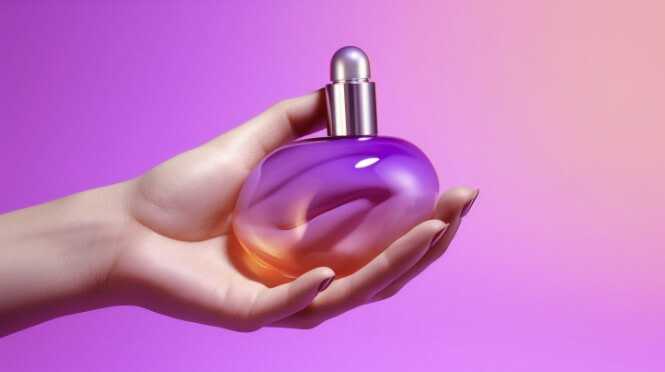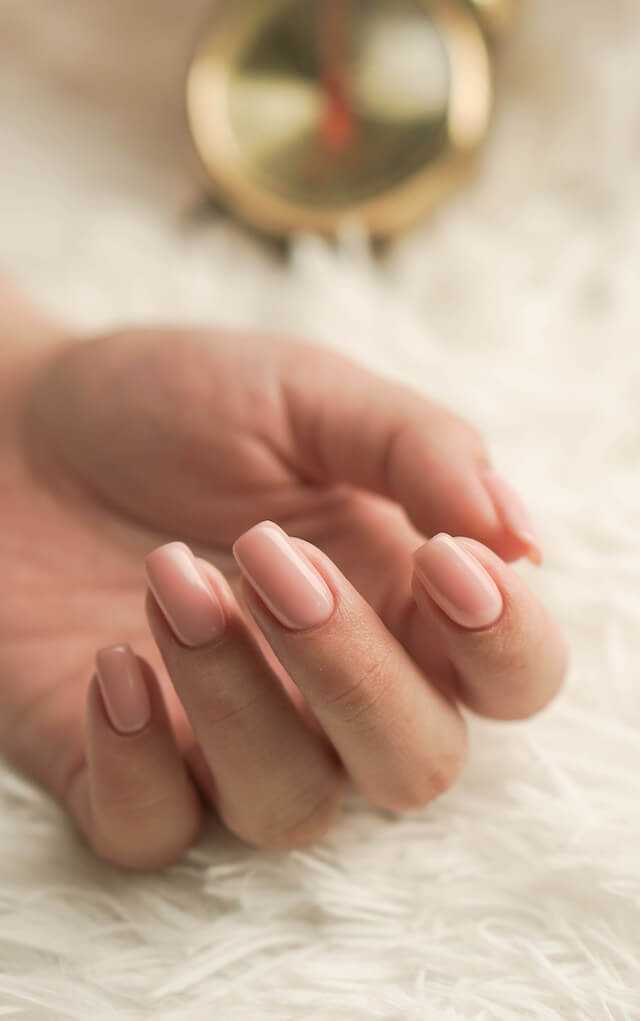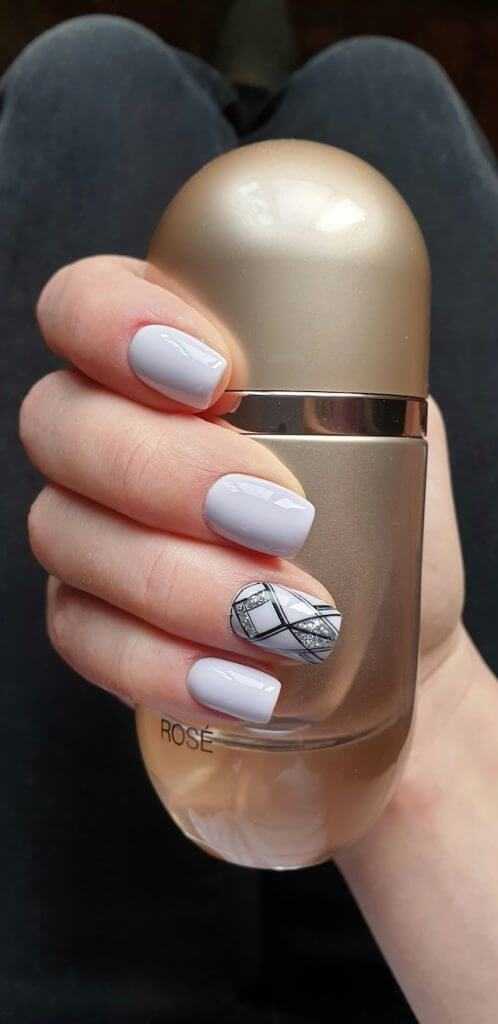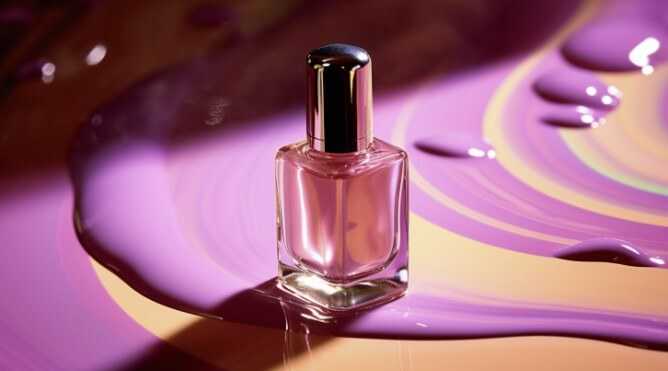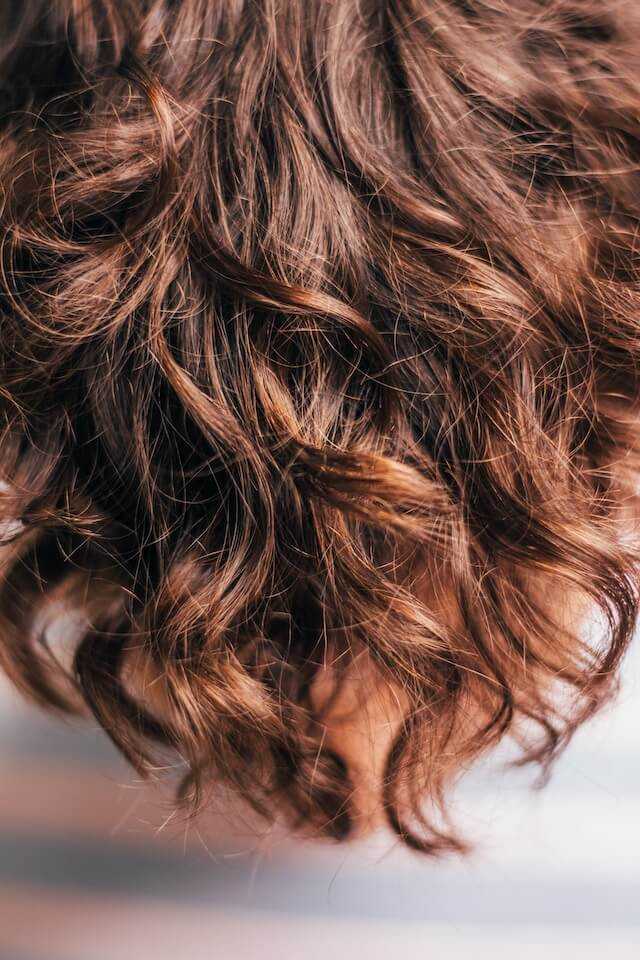5 Tips on How to Maintain Healthy Hair
5 Tips on How to Maintain Healthy Hair. Having healthy and luscious hair is something that many people desire. However, with various environmental factors, styling products, and daily routines, maintaining healthy hair can be a challenge. Fortunately, there are several simple and effective tips that can help you achieve and maintain beautiful, vibrant hair. In this article, we’ll explore five essential tips to keep your hair looking its best.
1. Proper Hair Care Routine
Creating a suitable hair care routine is crucial for maintaining healthy hair. It starts with choosing the right shampoo and conditioner that suit your hair type and scalp. Regularly washing your hair can remove excess oil, dirt, and product buildup, keeping your scalp clean and promoting healthy hair growth.
Remember, excessive washing can strip your hair of its natural oils, so it’s essential to find the right balance based on your hair type. Additionally, don’t forget to use a wide-toothed comb or a detangling brush to avoid unnecessary breakage when your hair is wet.
2. Nourishing Hair Masks
Treat your hair to some pampering with nourishing hair masks. Hair masks can help restore moisture, repair damage, and provide essential nutrients to your hair. You can use natural ingredients like avocado, coconut oil, honey, or aloe vera to create your DIY hair mask at home. Apply the mask once a week, and your hair will thank you with added shine and softness.
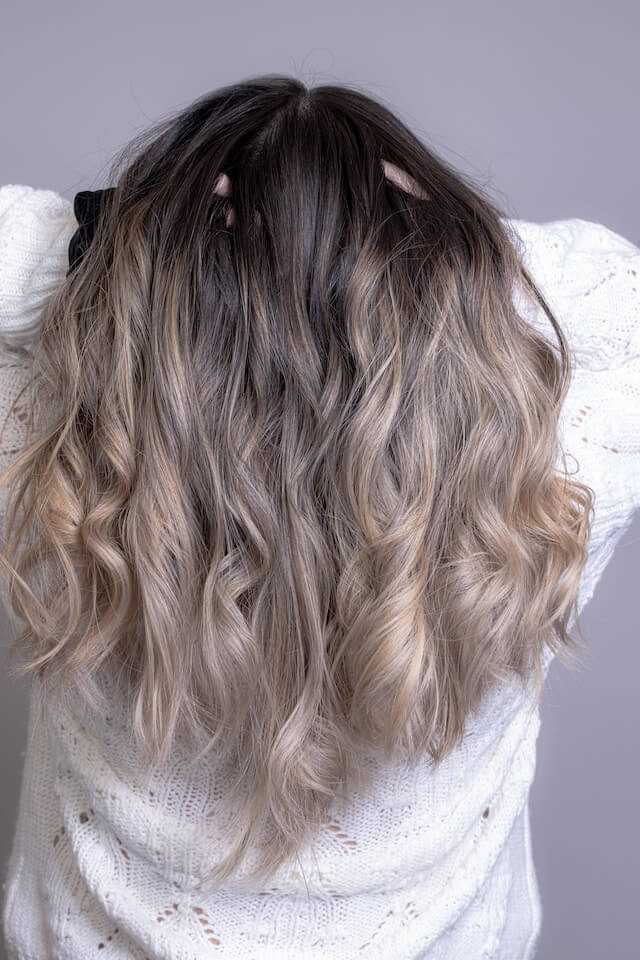
3. Trimming Regularly
Split ends and damaged hair can make your locks look dull and lifeless. Regular trims are essential to maintain healthy hair growth. Aim to trim your hair every 6 to 8 weeks to remove split ends and prevent further damage. Trimming will promote healthier hair and prevent the split ends from traveling up the hair shaft, which can lead to more significant hair problems.
4. Heat Styling Precautions
Using hot styling tools regularly can lead to heat damage, leaving your hair dry and brittle. While it’s tempting to achieve those perfect curls or sleek straight hair, it’s crucial to use heat styling tools wisely. Always apply a heat protectant spray before using any hot tools to minimize damage. Additionally, try to limit heat styling and opt for heatless hairstyles when possible.
5. Balanced Diet and Hydration
A healthy diet plays a vital role in maintaining healthy hair. Make sure your diet includes a variety of nutrients like protein, vitamins (especially biotin), and minerals that support hair health. Foods like salmon, eggs, spinach, nuts, and sweet potatoes are excellent choices for promoting hair growth and strength.
Besides nutrition, staying hydrated is essential for healthy hair. Drinking enough water ensures that your hair follicles are adequately nourished and can contribute to overall hair health.

Conclusion
Incorporating these five tips into your hair care routine can significantly improve the health and appearance of your hair. Remember, consistency is key, and giving your hair the attention it deserves will pay off with beautiful, healthy locks.
FAQs: 5 Tips on How to Maintain Healthy Hair
1. How often should I wash my hair?
The frequency of washing depends on your hair type. For normal hair, washing every 2 to 3 days is usually sufficient. If you have oily hair, you may need to wash it every day, while dry or curly hair can go longer between washes.
2. Can hair masks make my hair greasy?
When applying hair masks, focus on the ends of your hair and avoid the scalp if you have oily hair. Using the right amount of product and not overdoing it can prevent your hair from becoming greasy.
3. How can I prevent heat damage while styling my hair?
Applying a heat protectant before using hot tools and using them on lower heat settings can help minimize heat damage. Additionally, try to limit heat styling to special occasions rather than daily use.
4. Are there any specific foods that promote hair growth?
Yes, foods rich in biotin, such as eggs and almonds, are known to support hair growth. Other nutrient-dense foods like leafy greens, fish, and avocados also contribute to healthy hair.
5. Can I trim my hair at home, or should I visit a salon?
While it’s possible to trim your hair at home, visiting a professional hairdresser is recommended for more precise results and to avoid potential mistakes that could lead to further damage.

